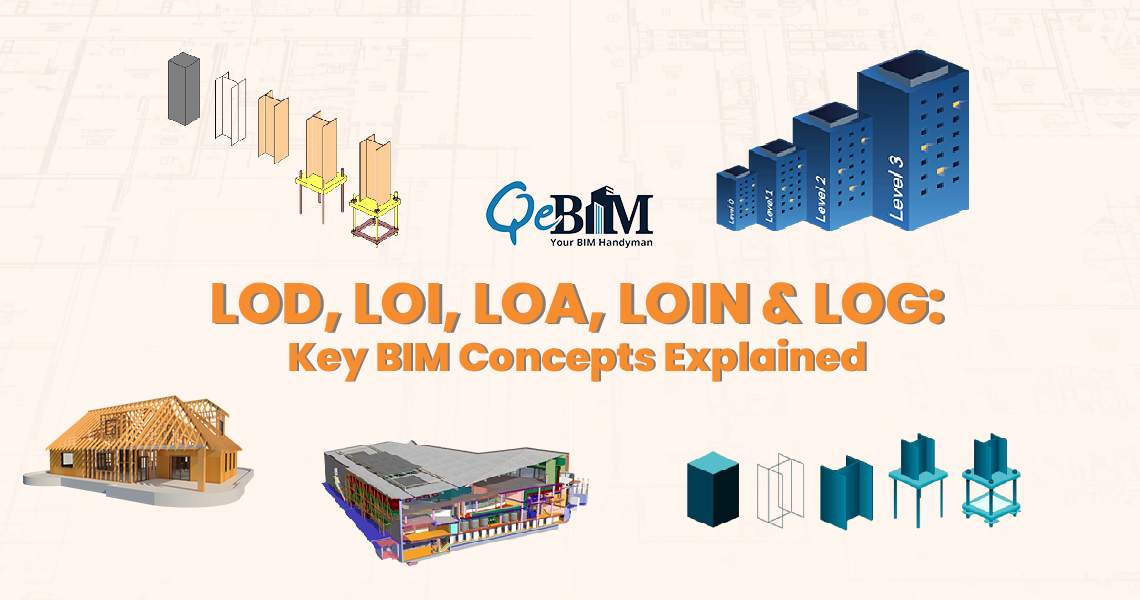BIM stands as a revolutionary technology within the AEC sector. At the centre of BIM implementation lies many factors and to get along with BIM successfully, BIM Consultants do play a crucial role. These professionals help in guiding projects through their lifecycle, from conception to completion.
Let’s dig deeper into the responsibilities and impact of a BIM consultant in today’s AEC industry.
What is BIM?
Before exploring the role of a BIM consultant, it is important to understand the concept of BIM. BIM Modelling Services is a process that involves creating and managing the digital illustration of physical as well as operational characteristics of any structure. BIM surpasses conventional 2D drawings by integrating 3D models with data attributes that allows for better collaboration, visualization, simulation, as well as analysis throughout the lifecycle of project.
The Role of a BIM Consultant
A BIM consultant acts as a facilitator and expert in implementing BIM methodologies across various stages of a project. Their role can be multifaceted and typically includes the following responsibilities:
- Strategy Development: BIM consultants work closely with the stakeholders to develop BIM execution plans (BEPs) tailored to project goals and requirements. They also define the standards, protocols, as well as workflows thereby ensuring effective BIM implementation.
- Implementation and Training: They oversee the integration of BIM into the project workflows while ensuring that the teams are equipped with the necessary tools and knowledge. This often involves providing training sessions to upskill team members in BIM software and methodologies.
- Model Coordination: BIM consultants manage the creation as well as coordination of BIM models contributed by various disciplines, say, architecture, structural engineering, MEP systems, etc. They also ensure that these models are compatible and clash-free through performing clash detection and resolution processes.
- Quality Assurance: They perform audits and reviews of BIM models to ensure the compliance with industry standards along with project requirements. The audits include verifying data integrity, accuracy of information, and adherence to BIM protocols.
- Collaboration and Communication: BIM consultants allow for a fluent communication and collaboration among project teams. They utilize BIM to streamline the information sharing and decision-making processes.
- Performance Analysis: With BIM, consultants perform simulations as well as in-depth analyses to evaluate various aspects like energy-efficiency, structural integrity, and lifecycle costs. This allows for a more informed decision-making as well as optimization of designs before even the construction begins.
- Project Support: Throughout the construction phases, BIM consultants provide ongoing support, addressing challenges that arise. They also ensure that BIM continues to add value to the project.
Impact of BIM Consultants
The influence of BIM consultants extends beyond individual projects to shape the broader AEC industry in several ways:
- Improved Efficiency: BIM consultants help streamline workflows and reduce inefficiencies through standardized processes and enhanced collaboration.
- Cost Savings: BIM consultants contribute to cost savings over the project lifecycle by facilitating better coordination and minimized reworks.
- Better Project Outcomes: BIM consultants with their expertise in BIM methodologies do contribute to delivering projects on time, within budget, and to the desired quality standards.
Challenges and Future Trends
Despite its benefits, the adoption of BIM comes with challenges such as initial costs, resistance to change, and the need for continuous training. Looking ahead, BIM company are likely to play a crucial role in overcoming these challenges and driving the faster adoption for this technology in the AEC industry by offering trained consultants.
Conclusion
The role of a BIM consultant in the AEC industry is indispensable. They serve as a catalyst for technological advancement, driving the adoption of BIM and ensuring its effective implementation across projects. With BIM penetrating in the AEC market, the expertise and guidance provided by BIM consultants will be crucial in navigating complexities and achieving successful project outcomes.





